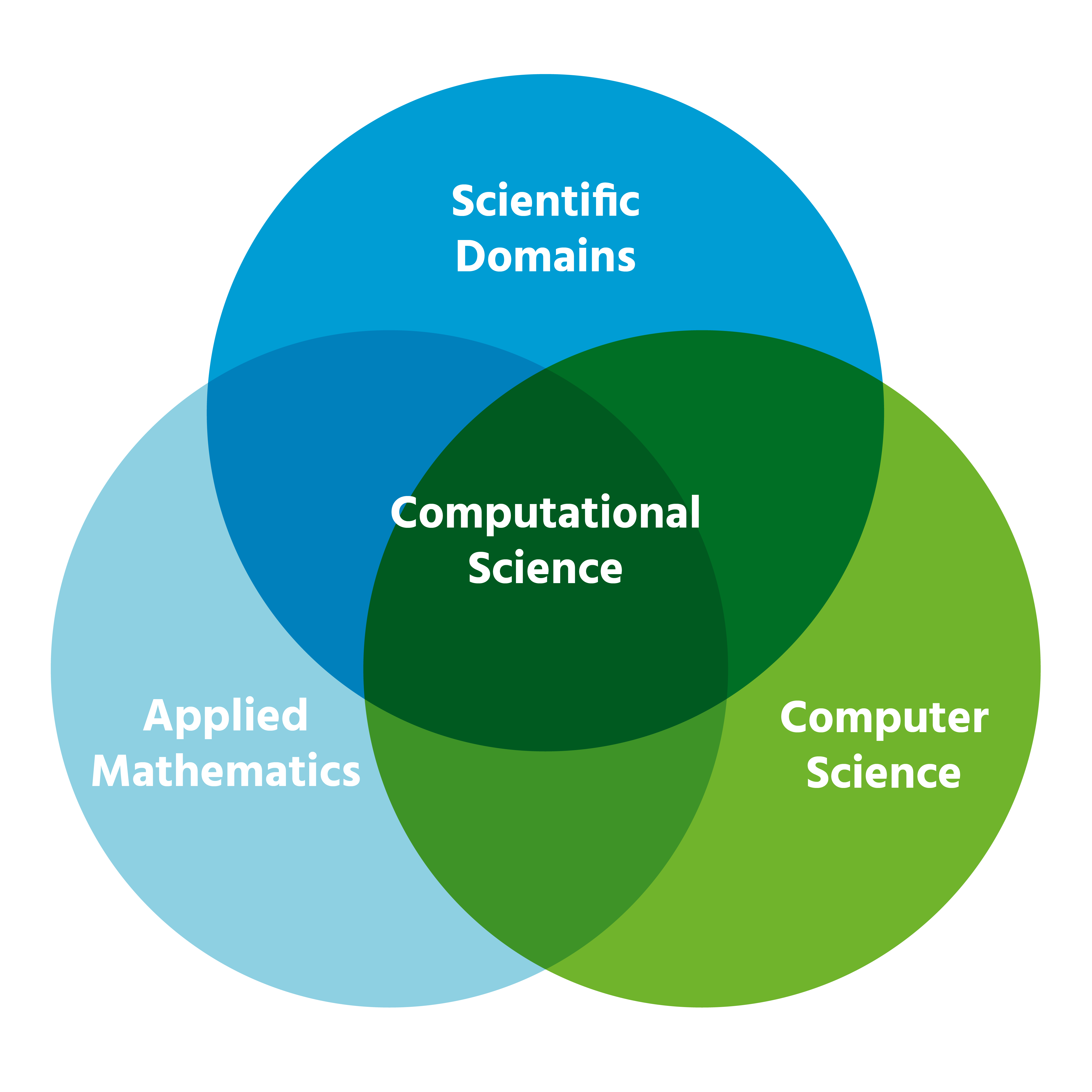A Practical Guide to Exploring and Choosing Your Spiritual Path
Introduction: Why Consider Your Spiritual Path?
Many people wonder how to choose a religion that aligns with their beliefs, values, and lifestyle. This question is deeply personal and often arises at key turning points in life, such as after major events, during periods of self-reflection, or when seeking greater meaning. Exploring different spiritual traditions can be enriching, but it can also feel overwhelming given the diversity of beliefs and practices in the world. Fortunately, there are practical steps you can take to identify a path that feels authentic and fulfilling.

Source: alamy.com
Understanding Your Motivations and Values
Before exploring specific religions, it is helpful to clarify what you are seeking from a spiritual community or belief system. Ask yourself:
- Are you looking for a sense of community and belonging?
- Do you want answers to life’s big questions about purpose, suffering, or the afterlife?
- Are you interested in specific moral teachings or ethical frameworks?
- Do you prefer structured rituals and traditions, or a more individual approach?
- How important are beliefs about the divine, the supernatural, or non-theistic philosophies?
Writing down your answers can help you form a list of core values and priorities, which will guide your research and exploration. For example, someone who values social justice may be drawn to traditions with strong advocacy for human rights, while another may prioritize contemplative practices or meditation.
Exploring Major World Religions and Philosophies
There are hundreds of religions and spiritual philosophies worldwide, each with unique beliefs, practices, and cultural backgrounds. While it is impossible to cover every tradition, the following overview introduces some major options you may wish to explore:
- Christianity: Centers on the life and teachings of Jesus Christ, with an emphasis on salvation, forgiveness, and community worship. Denominations vary significantly in doctrine and practice. For more on choosing a Christian denomination, consider reading guidance from experienced pastors and visiting local churches to compare their beliefs and communities [2] .
- Islam: Based on the teachings of the Prophet Muhammad as recorded in the Quran, Islam emphasizes submission to God (Allah), daily prayer, and community obligations. Sunni and Shia are the two largest branches, with various cultural and regional practices.
- Judaism: Rooted in the Hebrew Bible and centuries of interpretation, Judaism focuses on ethical living, community, and a covenantal relationship with God. Major branches include Orthodox, Conservative, and Reform Judaism, each with differing approaches to religious law and tradition.
- Buddhism: Founded on the teachings of Siddhartha Gautama (the Buddha), Buddhism encourages mindfulness, meditation, and the pursuit of enlightenment. Schools include Theravada, Mahayana, and Vajrayana, each emphasizing different practices and philosophies.
- Hinduism: A diverse and ancient tradition originating in India, Hinduism encompasses a wide variety of beliefs, deities, and practices, including yoga, meditation, and devotion.
- Other Paths: Other options include Unitarian Universalism, Baha’i Faith, Sikhism, Pagan and Indigenous traditions, secular humanism, and non-theistic philosophies.
For a humorous yet practical comparative guide to nearly one hundred religions, some seekers have found resources like “The Savvy Convert’s Guide to Choosing a Religion” valuable for gaining a broad overview [1] .
Research Methods and First Steps
Once you have an idea of your values and which traditions interest you, consider these steps to deepen your understanding:
- Read Official Texts: Explore the foundational texts or scriptures of the religion. Many are available in public libraries or through reputable online sources. For Christianity, this may include the Bible; for Islam, the Quran; for Buddhism, the Dhammapada, etc.
- Attend Services or Gatherings: Most religious communities welcome visitors to services, study groups, or public events. This is an excellent way to experience the culture and community firsthand. If unsure where to start, you can search for nearby congregations or centers using terms like “[Religion] near me” in a search engine.
- Speak With Practitioners: Many people find it enlightening to speak with current members or leaders. Prepare questions about beliefs, daily practices, and community involvement. Most communities have contact forms or phone numbers on their official websites.
- Review Statements of Faith: Many organizations publish summaries of their core beliefs and values online. Reading these can help clarify differences between groups, especially within large traditions like Christianity [2] .
- Consider Personal Practice: Some traditions emphasize personal spiritual practice, such as meditation, prayer, or ethical living, even outside formal membership. Trying out these practices can help you gauge resonance before making a commitment.
While visiting places of worship, observe how you feel about the environment, teachings, and community. Take notes and reflect on what aligns with your values and needs.
Practical Considerations and Challenges
Selecting a spiritual path may come with challenges, such as family expectations, prior religious experiences, or cultural factors. It is common to feel uncertain or to revisit your decision over time. Consider these approaches:
- Be Patient: Spiritual exploration is often a gradual process. Allow yourself time to learn, ask questions, and reflect.
- Respect Differences: You may encounter beliefs or practices that differ from your upbringing or current worldview. Approach these with curiosity and respect, even if you ultimately choose a different path.
- Seek Guidance: If you feel overwhelmed or uncertain, consider speaking with a spiritual counselor, interfaith group, or mental health professional. Many communities offer free or low-cost guidance sessions.
- Document Your Journey: Keeping a journal of your experiences, thoughts, and emotional responses can help clarify your direction over time.
It is important to note that not every tradition will suit every individual, and it is normal to explore multiple paths before making a decision. Some may find meaning in a particular denomination, while others prefer a more eclectic or personal approach.
Alternative Approaches and Resources
Some seekers prefer to compare multiple religions side by side. Resources like books, podcasts, and academic courses can be useful. For an accessible and sometimes humorous overview, “The Savvy Convert’s Guide to Choosing a Religion” provides comparative insights into dozens of world religions [1] . Others may turn to online discussion forums, interfaith organizations, or university religious studies departments for in-depth perspectives.

Source: depositphotos.com
If you wish to avoid organized religion altogether, philosophies such as secular humanism or mindfulness-based practices offer ways to cultivate ethics, community, and meaning outside traditional religious structures. These approaches may be explored via books, community groups, or mental health professionals specializing in spirituality.
Step-by-Step Guidance for Your Search
To begin your journey, follow these steps:
- Reflect on your core values, beliefs, and what you hope to gain from a spiritual path.
- Research major traditions that resonate with your interests, using reputable books and websites.
- Visit a variety of religious services or community events to experience different environments.
- Engage with practitioners and leaders to ask questions and deepen your understanding.
- Read and compare statements of faith, official doctrines, and community guidelines.
- Try personal practices (e.g., meditation, prayer, service) associated with each tradition to see what feels meaningful.
- Document your experiences, revisit your reflections, and allow time for your preferences to develop.
- When ready, consider joining a community, taking introductory classes, or reading foundational texts in greater depth.
If you encounter obstacles, such as lack of information or discomfort, remember there are multiple pathways to spiritual fulfillment, and it is common to revise your direction as you learn more.
Conclusion: Your Personal Spiritual Journey
Choosing a religion or spiritual path is a meaningful journey that requires self-reflection, research, and patience. By clarifying your motivations, exploring a range of traditions, and engaging with communities and practices, you can discover a path that aligns with your beliefs and enriches your life. Remember, the process is deeply individual and may take time. There is no universal answer; what matters is finding a tradition or philosophy that resonates with your unique perspective and needs.
References
MORE FROM searchhole.com













